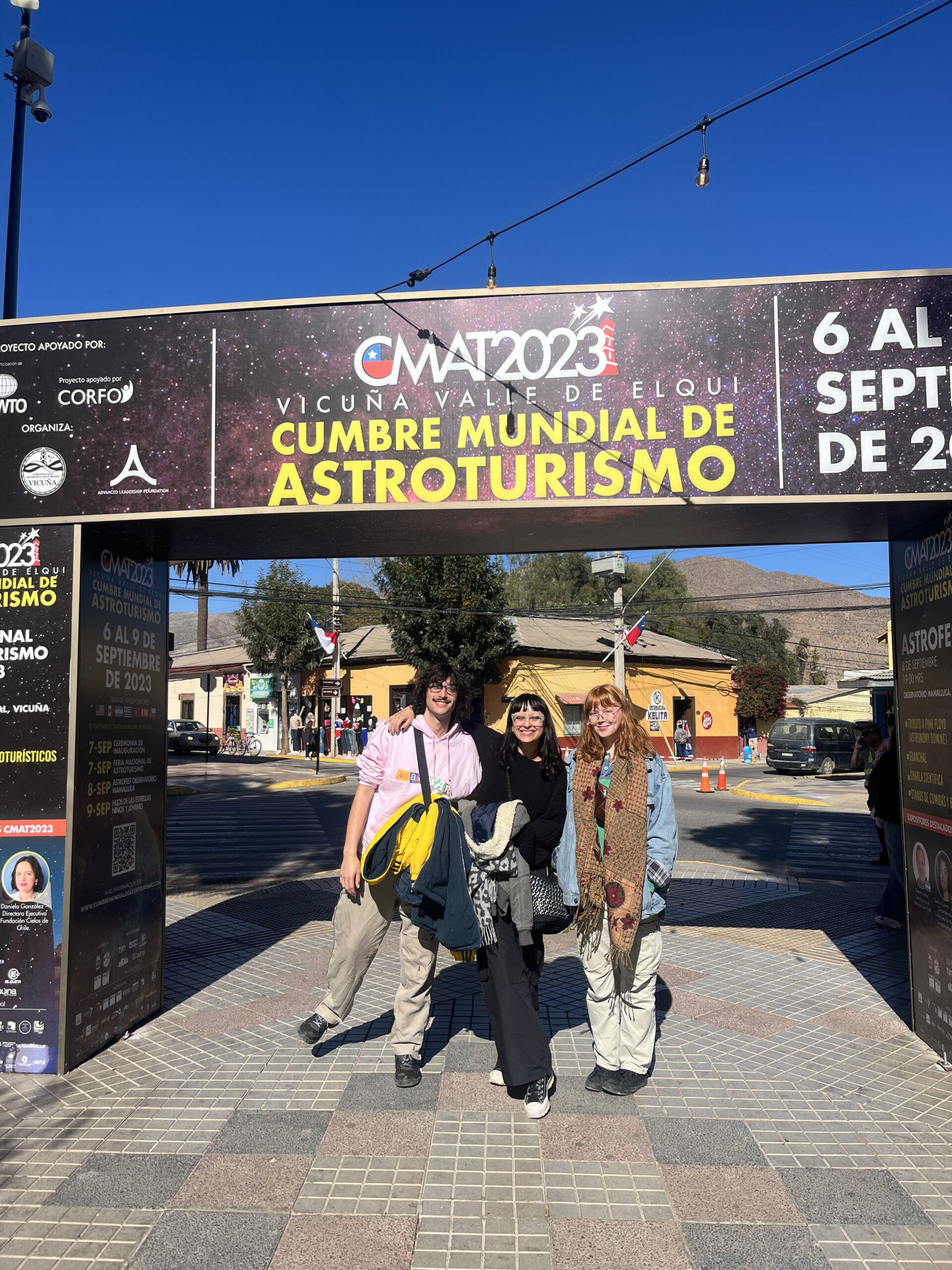What does it mean to be an Intercambio student?


My first day in Santiago I was instantly met with the term “Intercambio”. While in the airport with other arriving students, we were met with quizzical looks from other travelers who were confused by the large group of English-speaking college students. Upon receiving one particularly strong look from a passerby, our program director explained, “Somos un programa de intercambio” (We are an exchange program). Sufficiently content with our program director’s response, the stranger walked away, and I was introduced to the social title that I would hold for the next four and a half months.
For me, the feeling associated with being an Intercambio student came in a few separate waves. At first, the title of being an intercambio student acted as a shield. If I felt lost, confused, or was in over my head with new vocabulary, I could simply explain to the individual I was interacting with that I was a newly arrived intercambio student and they would steer me in the right direction. After putting my confusion into an understood term, I was always met with grace and compassion. For example, the night before my first-ever painting class at the local Chilean university, I stared down a list of ten supplies that I needed for the next morning. Unable to find where to buy the supplies, I emailed the professor’s assistant and was met with a warm reply “No worries, you are more than welcome to share with other students tomorrow and we can
help you find the closest art store to your apartment building.” Even in familiar situations such as IFSA group meetings or classes at the Chilean university I amended, arriving as an intercambio student automatically unlocks a certain level of support and understanding from the people around you.
While thankful for this support at first, the phase of needing perpetual guidance in Santiago and my university quickly ended. Aner the first month in Chile, I found that my Spanish skills had improved to the point where I no longer needed to announce my role in a conversation or classroom space to successfully experience life in Santiago. Instead of viewing questions such as “Where are you from?” or “Did you understand what I just said” as a cunning remark towards my Spanish ability, I learned to accept these pauses in conversation as verbal olive branches, or moments in which I could connect more deeply in conversation. By the end of my experience here in Chile, the skills I learned about vulnerability, self-reliance, and compassion will no doubt serve me for the rest of my life. Whereas I began the experience with the label of “intercambio”, I now think of the term as not only a title that allowed others to help me at the moment but as a journey towards a new version of myself.
During our last week in Chile, fellow IFSA students and I traveled to the southernmost region of the country, Patagonia. While in Patagonia we took buses, boats, and shuttles to explore the rich variety of towns, lakes, and even a national park. Had I not learned skills related to self-reliance, humility, and asking for help during my time as an Intercambio student, I might never have seen all that Chile had to offer.
Sophie Tolson (Colorado College) attended IFSA Chilean Universities in the Fall of 2023 through IFSA’s Chile study abroad program.